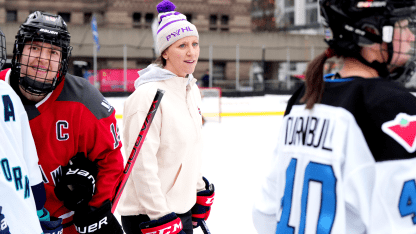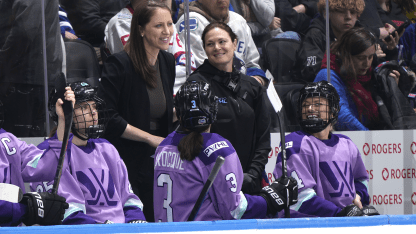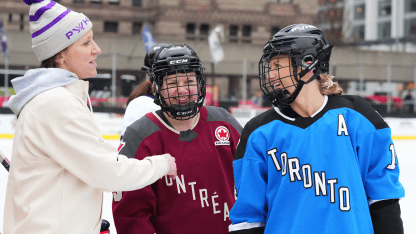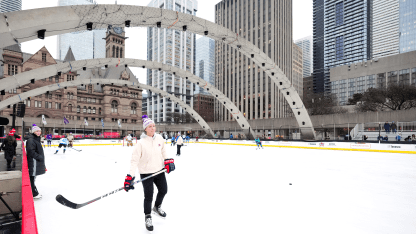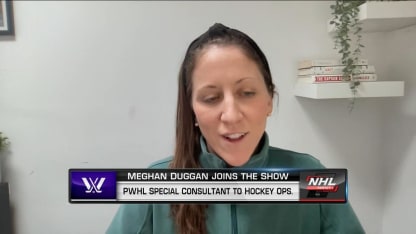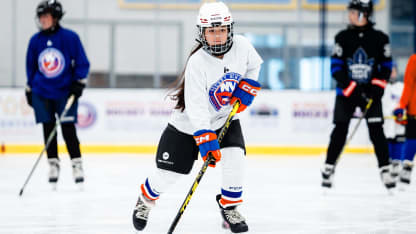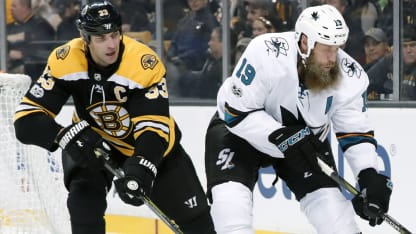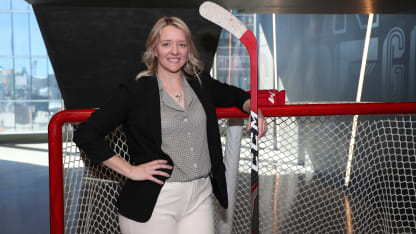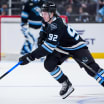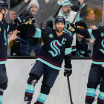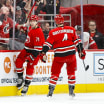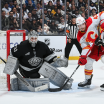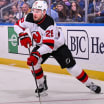Meghan Duggan was born to lead.
Her hockey legacy was secured a long time ago as the 2011 Patty Kazmaier Memorial Award winner and NCAA national champion at the University of Wisconsin, 11 international medals (eight gold, three silver) and a playing career ending at the top of her game as captain of the United States team that won gold at the 2018 PyeongChang Olympics.
Since retiring, Duggan was named Devils manager of player development May 19, 2022, and elevated to director about one year later. She was appointed special consultant to hockey operations of the PWHL on Nov. 15 to help with player safety, rules and standard of play, international federation relations, grassroots growth and player development. She's a member of the NHL Player Inclusion Coalition working to advance equality on and off the ice. Four days later, Duggan was selected as a gold-medal winner at the 4th annual Anthem Awards by the International Academy of Digital Arts & Sciences to celebrate purpose and mission-driven work.
That impact was felt by the Toronto Maple Leafs ahead of their Pride Night on April 4, 2023, a 4-2 win against the Columbus Blue Jackets at Scotiabank Arena. A locker-room meeting was facilitated by Maple Leafs general manager Kyle Dubas with permission from Devils GM Tom Fitzgerald and coordinated by Maple Leafs director, culture and inclusion Mark Fraser, a retired NHL defenseman and Player Inclusion Coalition member.
Duggan asked for a showing of hands from those who have played a professional hockey game, represented his country in international competition and if anyone is married and has kids. Her voice cracked while asking if anyone had to stand in front of someone and justify their right to be married or recognized as a parent of your own children.
Moral of the exercise: It's difficult to understand inclusion if you've never been excluded.
"It was very positive experience for me," Duggan said. "The point of that exercise was to just kind of set the room and get everyone on the same level and understand that this is bigger than hockey. I wanted to level set with those guys that I have done all the same things that they've done. One, I'm a woman, I'm a gay woman, and that's where our paths at some point, as it relates to exclusion or inclusion, went in different directions.
"To level set the room, in that sense, was really important. Some of the players, just how they felt, really resonated with their group and inspired them to want to work, be a positive influence on making hockey an inclusive space. That was what I wanted."
